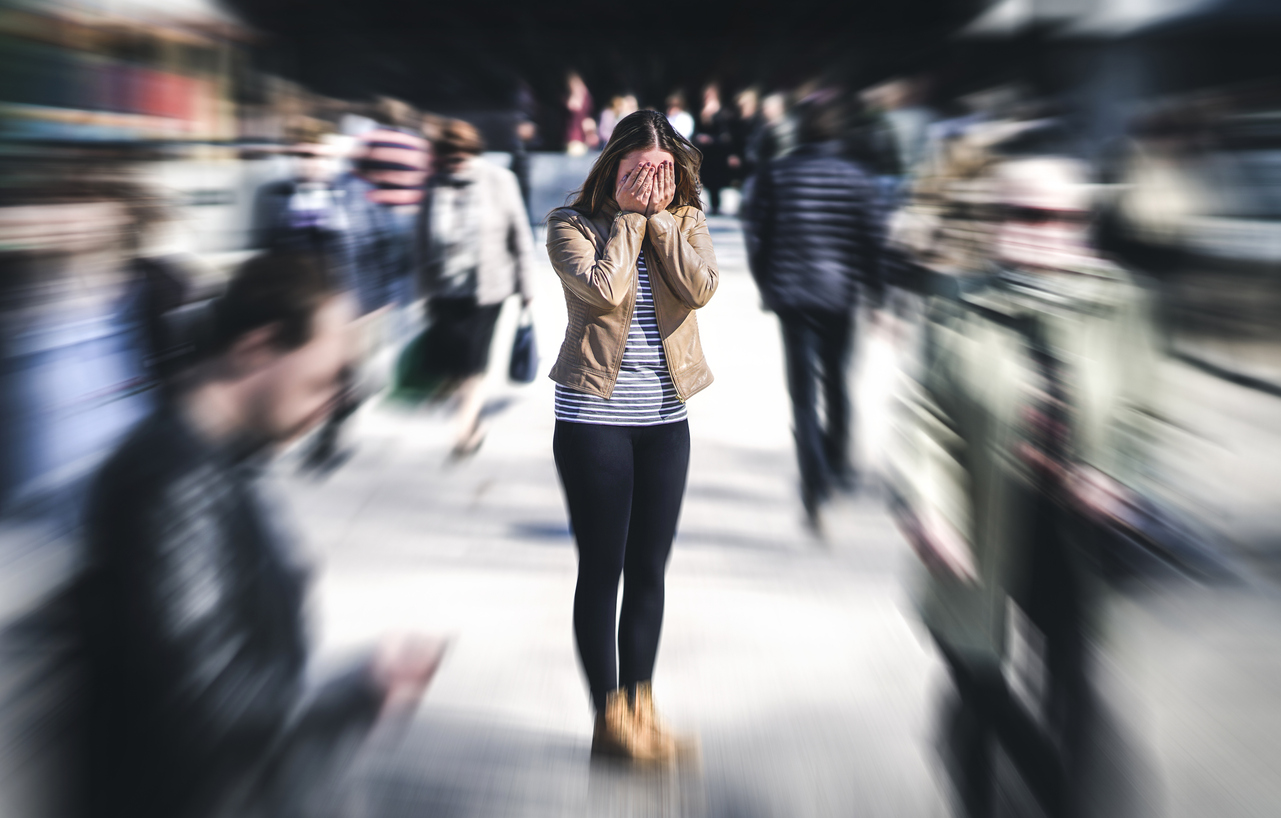Fear used to be an asset. When we homo sapiens wandered around the planet hundreds of thousands of years ago, fear was our key to survival. It warned us of real threats like that saber-tooth tiger stalking us or the avalanche about to run us over. It was helpful.
As our brains developed, we no longer distinguished between real experiences and imagined experiences. Where fear used to warn us about present physical dangers, we now can fear things that have nothing to do with physical survival. We can fear things that have never happened and may never happen. We can even fear things that are only threatening to our self-esteem. This is not helpful.
Though you might think that being in “fear” would help you out of a crisis, that simply isn’t true. Martial artists will tell you that if they bring fear into a fight, they’ve already lost. Firefighters will tell you that people who panic are the ones most likely to die in a fire.
So, here we are in a global pandemic, and fear is more prevalent than ever. And it’s not helpful.
Fear shoots out hormones to prepare us for fight or flight. It does things like shutting down our digestive systems and making our hearts beat faster. But ongoing fear and anxiety cause all kinds of issues, from cardiovascular damage to ulcers and irritable bowel syndrome.
Ongoing fear does damage to parts of the brain, which leads to more anxiety. It affects our mental capacity to understand non-verbal cues and new information. It negatively affects our judgment, decision-making and our ability to control our intense emotions and impulsive reactions.
Oh, and did I mention that it weakens the immune system?
Read the remainder of the article in Psychology Today here
Mahalo,
Dr. Matt




